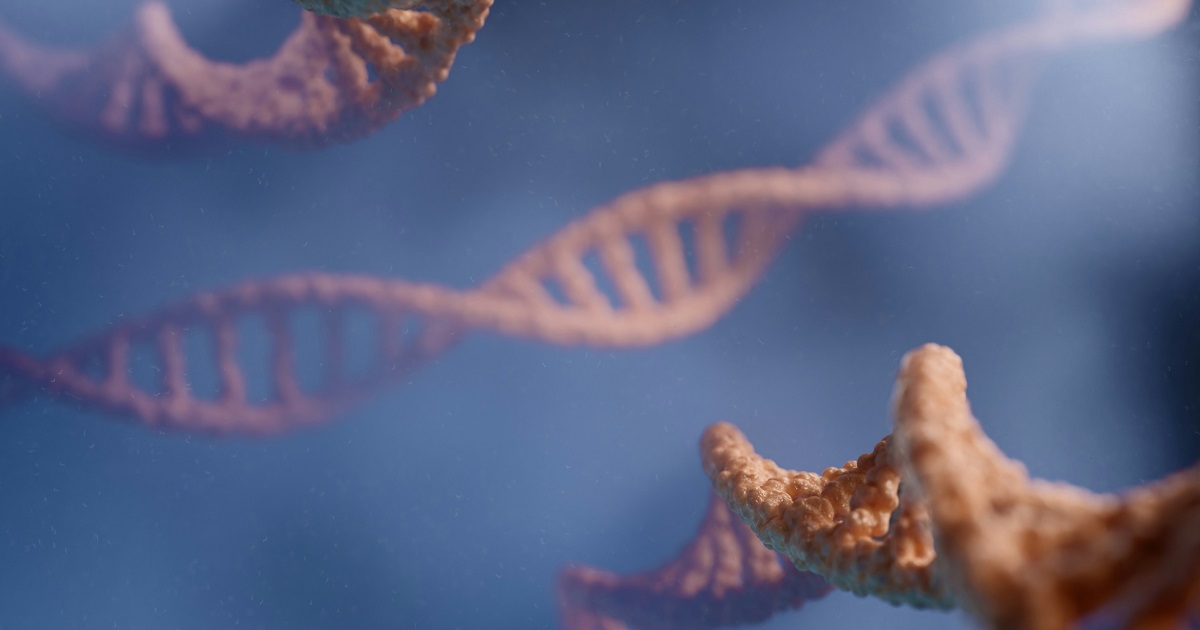Genomic Instability and Cancer: Insights into DNA Repair Pathway Dysregulation
A special issue of Biology (ISSN 2079-7737). This special issue belongs to the section "Genetics and Genomics".
Deadline for manuscript submissions: 31 December 2024 | Viewed by 196

Special Issue Editor
Special Issue Information
Dear Colleagues,
Genomic instability, characterized by an increased number of alterations in the genome, is a hallmark of cancer and a driving force behind tumorigenesis. The intricate balance between DNA damage and repair mechanisms is paramount for maintaining genomic integrity. Hence, the dysregulation of this delicate equilibrium can lead to the accumulation of genetic aberrations, fostering the development and progression of various cancers. Although cancer-driving mutations such as BRCA1 and BRCA2 are the Achilles heels of cancer cells, some are vulnerable to inhibitors of poly(ADP-ribose) polymerase (PARP), an exciting class of drugs that have transformed the clinical management of some cancers.
Current research efforts have unveiled the profound impact of DNA repair dysregulation on genomic stability and its consequences for cancer cells. Studies exploring the molecular intricacies of DNA repair pathways, such as homologous recombination, base excision repair, and mismatch repair, have shed light on how alterations in these processes contribute to the acquisition of somatic mutations and chromosomal aberrations observed in cancer genomes.
This Special Issue of the journal Biology aims to provide a comprehensive overview of the current state of research on genomic instability in cancer, emphasizing the molecular insights into DNA repair dysregulation. Through a collection of cutting-edge articles, we will explore the multifaceted roles of DNA repair pathways in cancer initiation and progression.
In this Special Issue, we invite fellow researchers to contribute their latest research findings, theories, and experimental approaches to enhance our understanding of genomic instability and propel the field towards transformative therapeutic breakthroughs. Original research articles and reviews are welcome, and we look forward to receiving your contributions.
Dr. Xiangbing Meng
Guest Editor
Manuscript Submission Information
Manuscripts should be submitted online at www.mdpi.com by registering and logging in to this website. Once you are registered, click here to go to the submission form. Manuscripts can be submitted until the deadline. All submissions that pass pre-check are peer-reviewed. Accepted papers will be published continuously in the journal (as soon as accepted) and will be listed together on the special issue website. Research articles, review articles as well as short communications are invited. For planned papers, a title and short abstract (about 100 words) can be sent to the Editorial Office for announcement on this website.
Submitted manuscripts should not have been published previously, nor be under consideration for publication elsewhere (except conference proceedings papers). All manuscripts are thoroughly refereed through a single-blind peer-review process. A guide for authors and other relevant information for submission of manuscripts is available on the Instructions for Authors page. Biology is an international peer-reviewed open access monthly journal published by MDPI.
Please visit the Instructions for Authors page before submitting a manuscript. The Article Processing Charge (APC) for publication in this open access journal is 2700 CHF (Swiss Francs). Submitted papers should be well formatted and use good English. Authors may use MDPI's English editing service prior to publication or during author revisions.
Keywords
- homologous recombination
- base excision repair
- mismatch repair
- somatic mutations
- chromosomal aberrations
- BRCA1
- BRCA2
- poly(ADP-ribose) polymerase (PARP)
- cancer initiation






